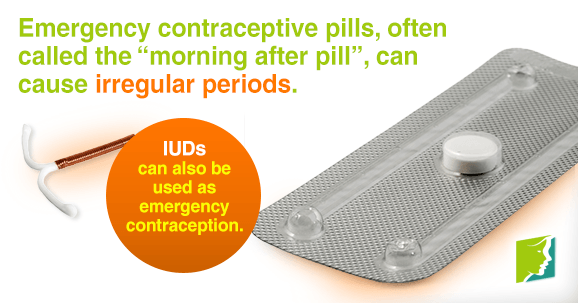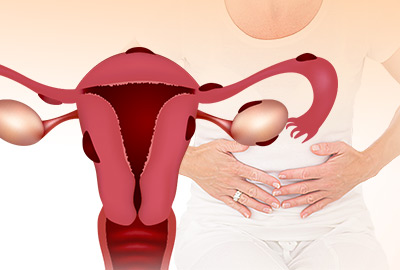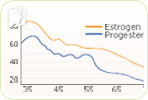Just because you are going through menopause, does not mean you have to stop having sex. If you're not looking to reproduce however, using contraception is still a necessity and in certain cases, emergency contraception may also be required. However, some emergency contraception methods have been liked to irregular periods. If you're concerned about the connection between emergency contraception and irregular periods read on.
Forms of Emergency Contraception
Emergency contraception is a form of birth control that can be used by women who have had unprotected sex or used contraception that has failed. Generally the treatment is reserved for emergency situations only and is not taken as a regular method of birth control. It is important to note that emergency contraception is only used to prevent pregnancy as it does not protect against sexually transmitted diseases.
An intrauterine device (IUD), is one of the two main forms of emergency contraception. The device can be inserted into the vagina to prevent pregnancy within five to seven days after unprotected intercourse. The contraception prevents pregnancy by debilitating sperm, and stopping it from meeting the egg. IUDs are chiefly used as primary contraceptive methods, but they can also be used as emergency contraception. Emergency IUD contraception is successful in preventing three out of four unplanned pregnancies by delaying ovulation. This method is not known to trigger irregular periods.
Emergency contraceptive pills on the other hand, work by suppressing ovulation, causing temporary infertility and triggering irregular periods. Often called the “morning after pill” emergency contraceptive pills suppress ovulation by disrupting the normal levels of estrogen in the body. Estrogen plays a vital role in your menstrual cycle, and anything that disrupts its delicate levels may produce irregular periods. In the unlikely event that implantation does occur, emergency contraception does not interrupt pregnancy or put the fetus at risk.
Recommendations
If you've had unprotected sex, there could be a chance of you becoming pregnant. To prevent pregnancy, birth control is always required. In the event of needing to take emergency contraception, the two main options include the IUD and the "morning after pill". While the IUD is not likely to trigger irregular periods, emergency contraceptive pills might because of their effects on estrogenic levels.
Learn more about treatments for irregular periods.
Sources
- Hutchinson, Susan M.D. "The Stages of a Woman's Life: Menstruation, Pregnancy, Nursing, Perimenopause, Menopause". November 2007.
- Love, Susan M.D. Menopause and Hormone Book. New York: Three Rivers Press, 2003.
- BMJ Group. "Menopause: What is it?" Patient Leaflet. 2007




